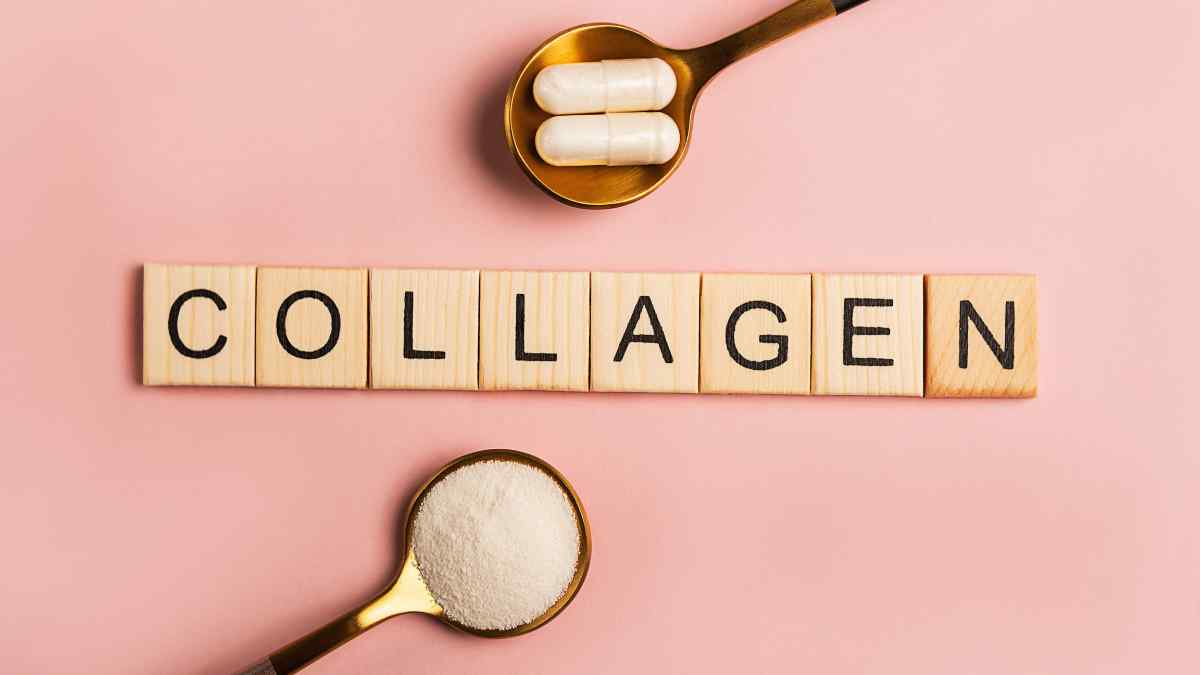What is collagen and the main effects of collagen
Collagen is a structural protein, found in abundance in skin, bones, cartilage and tendons. As we age, collagen production in the body decreases, which leads to skin aging such as sagging, wrinkles as well as joint degeneration.
You can slow this process by supplementing foods high in collagen and supporting collagen production from within.
Collagen-rich foods and foods that support collagen production
To naturally Natural collagen you need to pay attention to your daily diet.
Salmon is an excellent source of protein, rich in amino acids such as glycine and proline, which are necessary for the production of collagen in the body.
In addition, chicken, chicken skin, or bone dishes are also rich in collagen and gelatin.
These nutrients are especially beneficial when in the form of phanks because they are easily absorbed and support joint health along with skin elasticity.
In addition, spinach is a rich source of vitamin C and antioxidants.
When vitamin C is combined with protein, it helps the body produce collagen more effectively.

At the same time, chlorophyll in green vegetables such as spinach is said to have the ability to support the formation of collagen precursors.
In addition, fruits rich in vitamin C such as oranges, strawberries and red bell peppers are also very important.
Vitamin C deficiency can significantly reduce the body's ability to produce collagen.
How are collagen peptides and gelatine different?
So how is collagen peptides different from gelatin? Gelatin is collagen cooked from animal skin or bones, changing the original structure and creating a softer effect.
Collagen peptides (or hydroponic collagen) are gelatin, which has undergone further processing to reduce the size of the molecules, making it easier for the body to absorb. Many studies have shown that collagen peptides are more effective for the skin and joints when used regularly.
Is drinking collagen beneficial and its effects
You can supplement collagen orally, but you need to note a few things:
Choose the form of water stools to make them easier for the body to absorb.
Combined with vitamin C and protein from natural foods to increase collagen production. Stay away from factors that can reduce collagen such as harsh sunlight, foods high in sugar and smoking habits. Research shows that UV-B and UV beams have the ability to break down collagen in the skin.
How to eat to keep your skin plump and even
Eat boiled spinach or stir-fry lightly with garlic to preserve vitamin C from getting lost.
You should combine salmon with chicken skin in your weekly diet. You can add collagen peptides in powder or tablets to your diet if you feel deficient.
Drinking enough water and getting well sleep also helps the body produce collagen more effectively.
Collagen is an important protein that plays a role in keeping the skin elastic and reducing wrinkles.
It also supports joint health and fights the aging process.
To maintain healthy and youthful skin, you should supplement collagen-rich foods, eat lots of green vegetables such as spinach, increase vitamin C, and limit harmful agents to the body.











